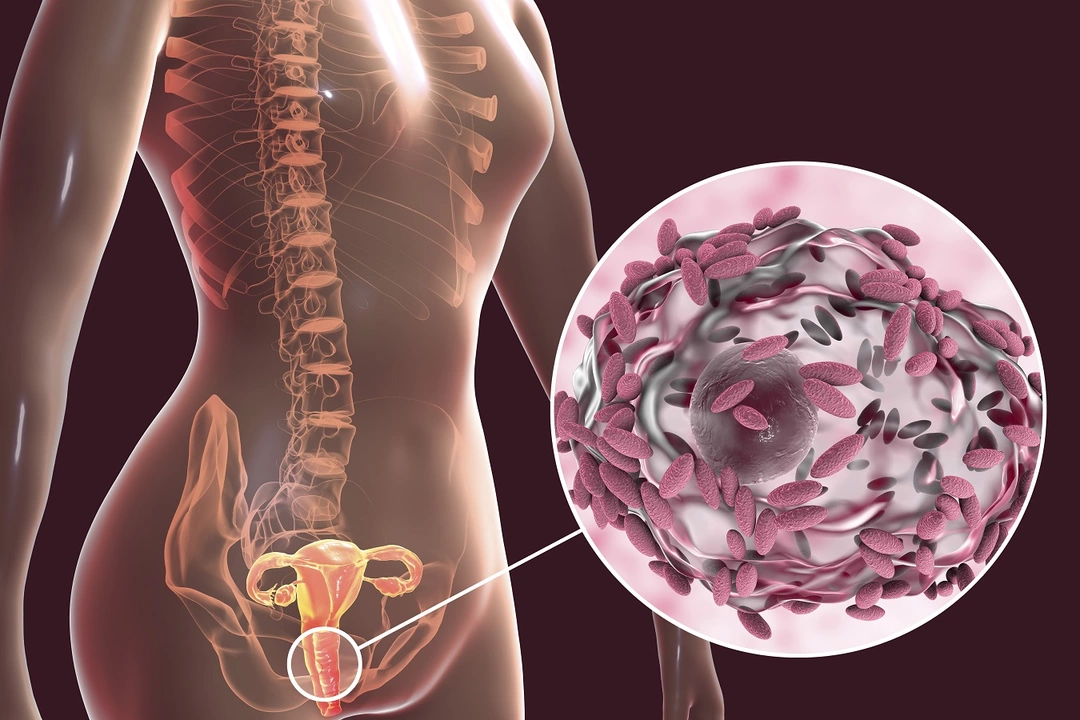Hormonal changes: what they feel like and what you can do today
Sudden mood swings, overnight weight gain, or a drop in energy—chances are your hormones are talking. Hormonal changes are common across life stages: puberty, pregnancy, menopause, and even from medicines like steroids or antidepressants. The good news: many symptoms are manageable once you know what to look for.
Common signs to watch for
Hormones affect nearly every body system, so symptoms can be all over the place. Here are clear red flags:
- Energy and mood: persistent fatigue, anxiety, or depression without an obvious reason.
- Weight and appetite: sudden weight gain or loss, cravings for sugar, or belly fat that won’t budge.
- Reproductive changes: irregular periods, heavy bleeding, loss of libido, erectile issues.
- Skin and hair: acne out of nowhere, hair thinning, oily skin.
- Sleep and temperature: trouble sleeping, night sweats, hot flashes.
- Other signs: frequent urination, bloating, water retention, or muscle weakness.
Practical first steps you can take
1) Track symptoms for 2–4 weeks. Note times, food, stress, meds, and how you feel. That record makes appointments faster and more useful.
2) Check medicines. Steroids, some blood pressure drugs, and even stopping certain medications can change hormones. If you’re thinking about stopping a drug, follow a taper plan and talk to your doctor—don’t quit abruptly. (See our guide on stopping prazosin safely.)
3) Ask your doctor for basic tests: TSH and free T4 for thyroid, basic metabolic panel and fasting glucose or HbA1c for blood sugar, and if needed, cortisol or sex hormone levels. Your clinician will suggest the right labs based on your symptoms.
4) Try small lifestyle moves first: regular sleep (same wake time), 30 minutes of mixed exercise most days (cardio + strength), cut back on simple carbs and alcohol, and manage stress with short daily breathing or a 10-minute walk.
When to get help now: severe mood change, fainting, chest pain, very rapid weight change, or symptoms that disrupt daily life. These need prompt medical review.
Be careful online. If you search for hormone treatments or replacement meds, use trustworthy sources and avoid unverified sellers. Our site has safe-buying guides and medication reviews to help you choose reputable pharmacies and avoid scams.
Want specific reading? Check articles on thyroid options (like alternatives to Synthroid), how steroids such as prednisolone affect the body, and safe ways to stop certain meds. Those pieces explain real-world choices and what to expect when hormones shift.
Hormonal changes can feel scary, but you don’t have to guess. Track symptoms, talk to a clinician, get targeted tests, and try small lifestyle changes while you wait for answers. Little steps often lead to the biggest improvements.

